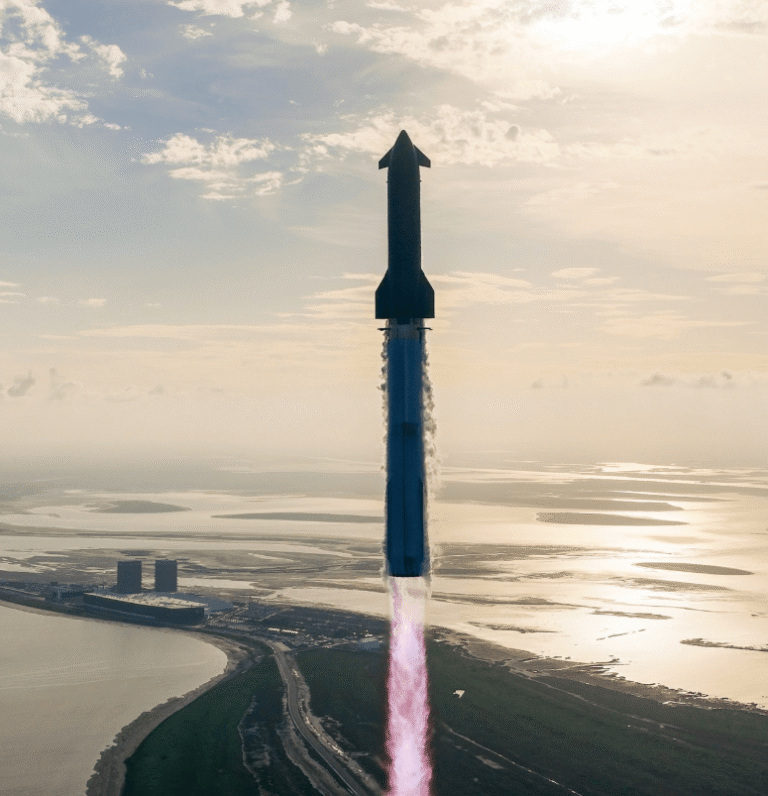In today’s political environment, with far-right influences creeping their way into nearly every facet of society, it’s becoming increasingly difficult to make decisions on when and how to enjoy media, food, technology and seemingly every other aspect of our daily lives. It seems like every day there’s a new scandal regarding some well-liked product or service. In such an age, the phrase “no ethical consumption under capitalism” comes to mind, but the phrase can carry dual meanings. On one hand, it can be interpreted to absolve us of any responsibility for how we engage with the myriad problematic elements of our society. After all, if there’s no way to be a truly ethical consumer, then one can’t be expected to make those impossible concessions. On the other hand, it can also be seen to further charge us with the burden of our choices. This dilemma doesn’t just extend to our buying habits — it includes almost all parts of our lives. It concerns our passions, interests, social interactions and everything else about the way we move through our day. Just last week, I was struck with this exact question when deciding whether to watch the launch of an experimental Starship rocket by SpaceX, a company owned by infamous far-right billionaire Elon Musk. I’ve been a fan of spaceflight, and by extension SpaceX, for as long as I can remember, but since Musk’s hard right turn into conspiracy theories and right-wing talking points starting in 2020, it’s become increasingly difficult to reconcile my passion for spaceflight with his public actions. To do so, I needed to ask myself the question: When and how can we separate the art from the artist? In the process, I’ve come up with a few criteria to consider.
Direct Impact:
The first thing to ask when deciding whether to engage with something potentially problematic is: “Does my participation make the problems with this thing worse?” This direct impact can come in the form of the money you spend on a product or service going towards a harmful or unethical cause. For example, if you were to buy a drink from the Coca Cola company, part of the money from that purchase might go towards Israel’s genocide in Gaza and illegal occupation of the West Bank. This is because Coca Cola has a distribution and bottling plant in occupied Palestine and they pay tax revenue to the Israeli government, which means they are both directly and indirectly reinforcing the settlement and displacement of Palestinians. Another way this impact can manifest is through credibility. When you participate in online trends or interact with problematic figures, you could be lending credibility to them, which can be used to legitimize harmful practices.
Mitigation:
The next thing to consider when making your decision is what you can do to mitigate any negative effects of your actions. This can be as simple as donating time or money to an organization seeking to counteract the harm done by whatever activity or product you engage with. Alternatively, in cases where money from your purchase of certain media or services may be going to bad causes, obtaining them from alternative sources could be a good way of avoiding this harm. A good example of this might be J.K. Rowling’s Harry Potter franchise. The author, infamous for her transphobic and bigoted political stances, is known to demand royalties from any product officially licensing her work. By obtaining Harry Potter media through other sources, you can avoid that money contributing to her problematic political influence.
Possible Alternatives:
A third thing to consider in this process is whether or not there are any alternatives to your desired product or activity. Are there any other companies that sell a similar product with more ethical practices? Are there other artists who produce similar work? In many cases, there exist excellent alternatives to problematic items that you could turn to. Unfortunately, however, there are also plenty of examples of alternative products that are either significantly more expensive to the point of unaffordability or of drastically lower quality compared to their problematic counterparts. Anyone who’s had to pay $20 for two-week shipping from a more ethical source will know the allure of the cheaper and faster Amazon Prime’s next day delivery. In these cases, deciding on whether to turn to an alternative source comes down to weighing the needs and tolerances of your specific situation.
Conclusion:
The criteria listed above are just a brief overview of the considerations that can go into deciding how we go about our lives in this political environment and I hope to have provided a basic framework for how to proceed with these decisions. Ultimately, it all comes down to personal calculus. Impact, mitigation and possible alternatives are unquantifiable. Frustratingly, there’s no handy equation you can plug them all into to get the magic answer. It’s up to you to make the final choice on everything. I hope, through collective effort, we can build a better world where the average person is no longer faced with the enormous moral weight of their every action; where instead, the institutions and corporations that make up the framework of our daily lives are held accountable for their practices, rendering the decision structure outlined above superfluous.

